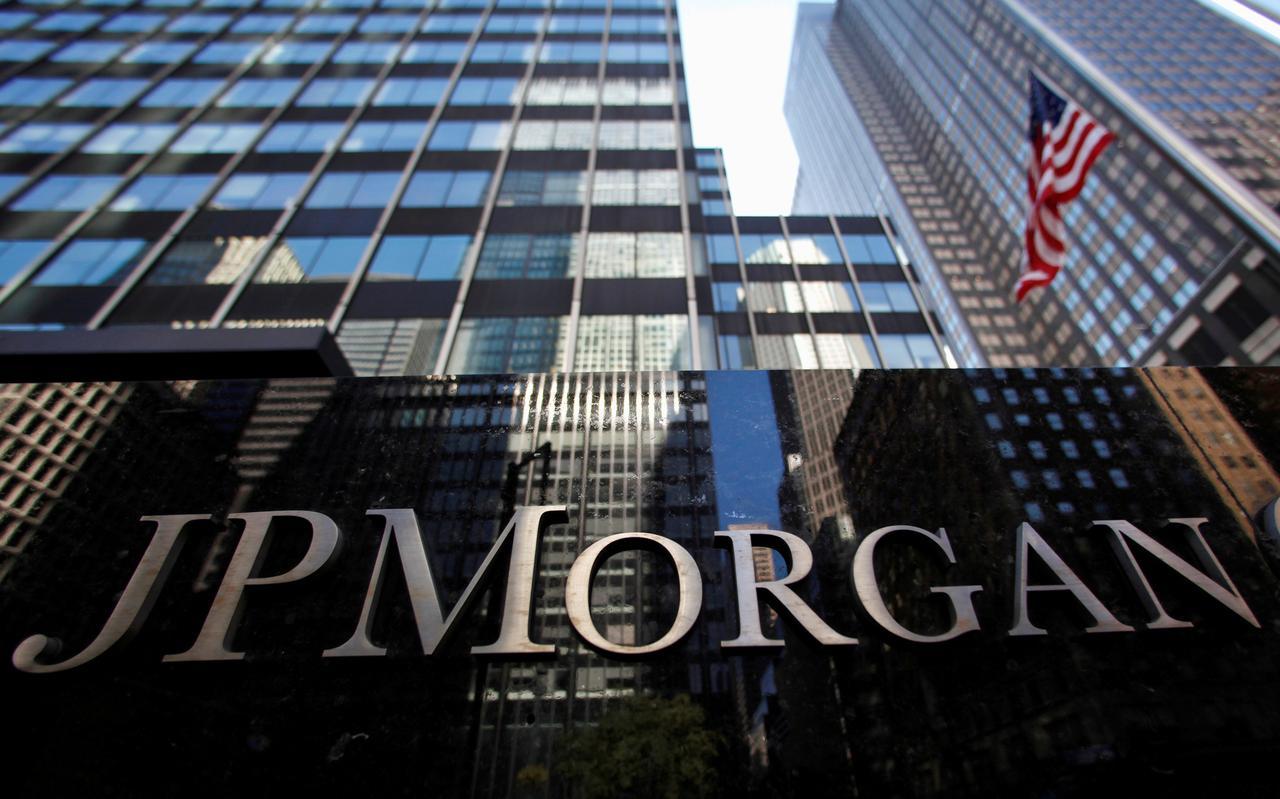South Korea’s semiconductor industry is projected to walk the road to recovery next year, which will propel the local stock market in turn, recent reports by global investment banks said.
Most financial institutions upgraded their ratings of the stock market by one or two notches, and said the benchmark Kospi will trade at an average 2,300 points, higher than the corresponding figure of 2,100 points this year. France-based financial institution BNP Paribas adjusted its rating on the South Korean market from underweight to overweight last week, saying the semiconductor market cycle has reached the bottom, and is set to start climbing next year. This signals a cyclical recovery.
Excess chip inventory -- which has been detrimental to sales of new materials -- will gradually dry up in 2020, along with a recovery in demand from data centers and smartphone manufacturers, it said in a report. It forecast the benchmark Kospi to be trading at an average 2,325 points.
 |
JP Morgan headquarters in New York City. (Reuters) |
In line with BNP Paribas, US-based Goldman Sachs last month also upgraded its valuation for the Korean market to overweight from market weight. It cited stabilization in the memory chip price, normalization of NAND and DRAM inventories and increase in demand for 5G services.
Another US-based firm, Morgan Stanley shifted its equal weight recommendation to overweight and picked Samsung Electronics and chipmaker SK hynix among other tech stocks as attractive investments.
The Kospi is expected to see a rally on the back of a strong won, and the Korean equity market will have attractive valuations compared to other emerging markets, under the condition that tensions surrounding the US-China trade war do not further escalate.
The firm said that Kospi-listed firms’ profit will increase by 30 percent at most next year, which echoes Credit Suisse’s latest briefing on the stock market on Thursday.
An official at the Seoul branch of the Swiss multinational firm said the profits of semiconductor, auto, refinery and chemicals will gain 30 percent in 2020, compared to this year with the chips industry leading the rally.
Japan-based Nomura Securities raised its stock price target for Samsung Electronics and SK hynix based on the rising price of DRAM and overall anticipation surrounding the chip industry. Samsung Electronics’ price was raised to 67,000 won per share ($57.70) from the current 60,000 won and SK hynix’s increased to 136,000 per share from 110,000 won.
But not all institutions voiced rosy outlooks, with Citigroup rating the country’s stock market as underweight.
“We are not especially bearish, but can see better opportunities elsewhere,” it said in a note published Nov. 29.
“While markets may overshoot into the new year, we would prefer to wait for the next dip before turning more bullish.”
Analysts often divide the global stock market into three categories -- overweight, equal weight and underweight -- based on their attractiveness.
By Jung Min-kyung (
mkjung@heraldcorp.com)








